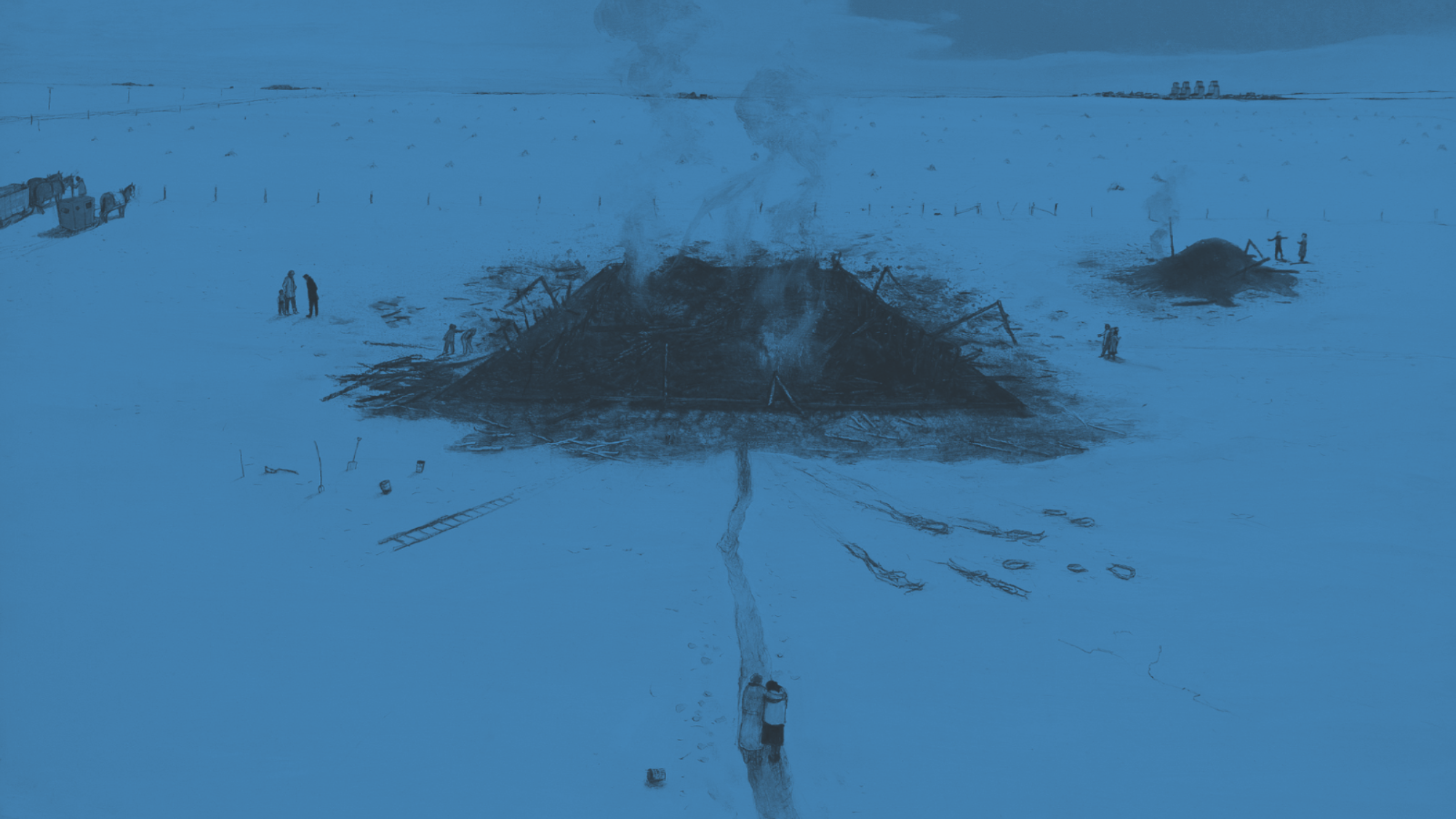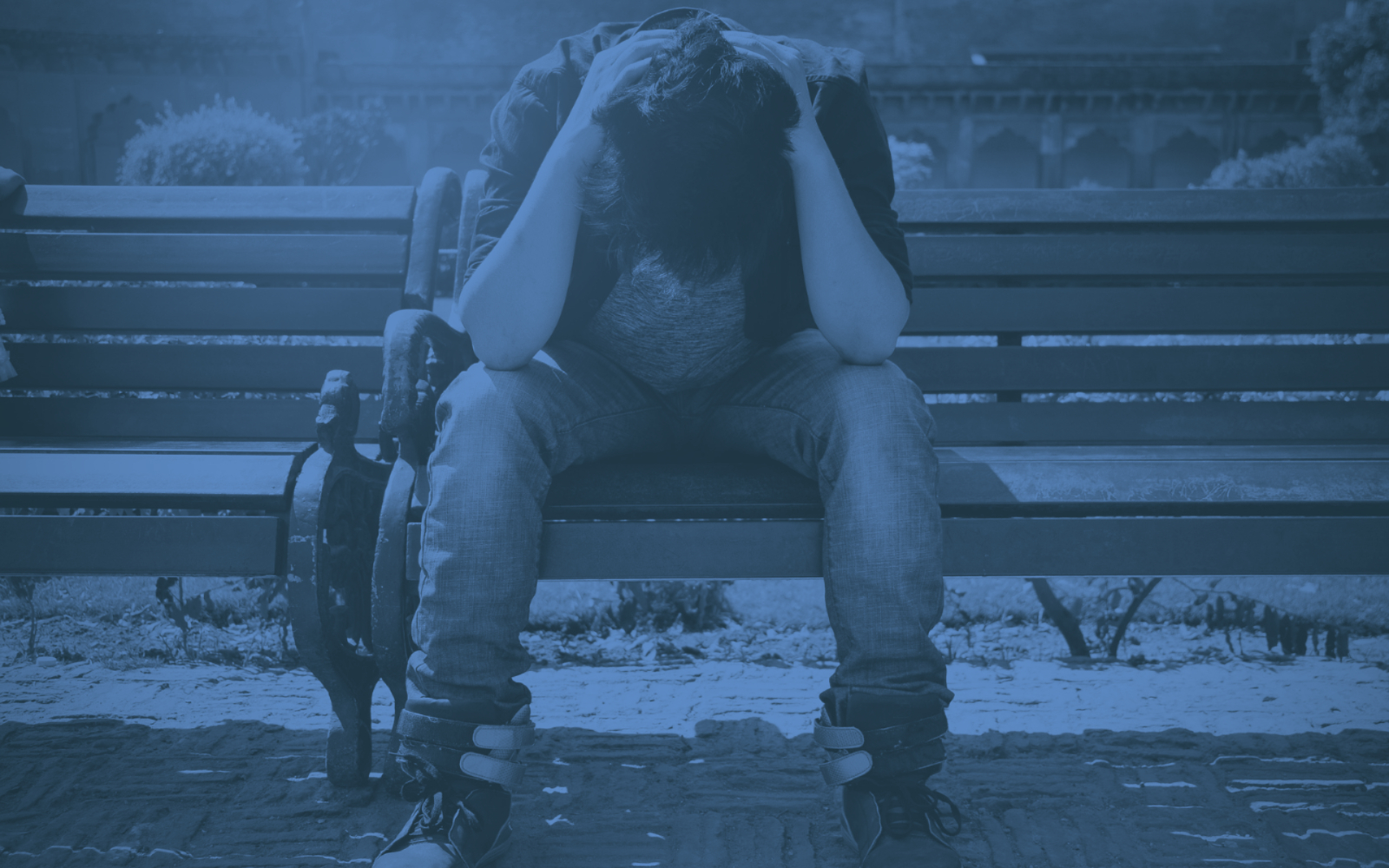We have survived somehow. Through all of the trials and tribulations, pain and suffering, we have come out on the other side. Often bruised, damaged, and somewhat worse for the wear, we have overcome adversity to meet the challenges of today. It hasn't all been a bed of thorns of course. There has been plenty of sun drenched days and ample amounts of joy. But the one who survives trauma carries a certain amount of death into even the best of times.
“If we do not transform our pain, we will most assuredly transmit it.”
Our survivor brains have adapted to deal with the worst. This presents us with a dilemma. We can either endure what has happened by continuing to protect and defend ourselves against an unknowable future, or we can choose to transform our pain and emerge as a new and improved version of ourselves.
Richard Rohr, the Christian mystic, tells us, "If we do not transform our pain, we will most assuredly transmit it." There is no doubt that he is right. My decades of work with wounded people affirms this truth. For example, without exception, every boy who was referred to me as a sexual perpetrator had been molested repeatedly as a younger child. Their sexual assaults replicated the young offender's own exploitation.
Power exerted over them created a survival response of seeking control by victimizing weaker children. This pattern or trait is not limited to any specific trauma. If left unattended, the suffering experienced and survived will later influence our behavior in ways that often inflict even greater anguish to others.
All of the negativity we witness has roots in piles and piles of disappointments, unrealized dreams and hopes, tragic losses, betrayals, and all forms of woundedness. Bitterness and blaming is heaped on the shoulders of innocent bystanders, our friends, family and children of the next generation. But each of us has the power to stop transmitting our pain by transforming it.
We can refuse the tendency of our ego to hurt others by offering the wounds we have received and our survival of them as rays of hope for all those who suffer similar experiences.
We can offer hands of healing instead of building protective walls. We will in turn find ourselves transformed and born anew.
Life can be wonderful when we make it so.












